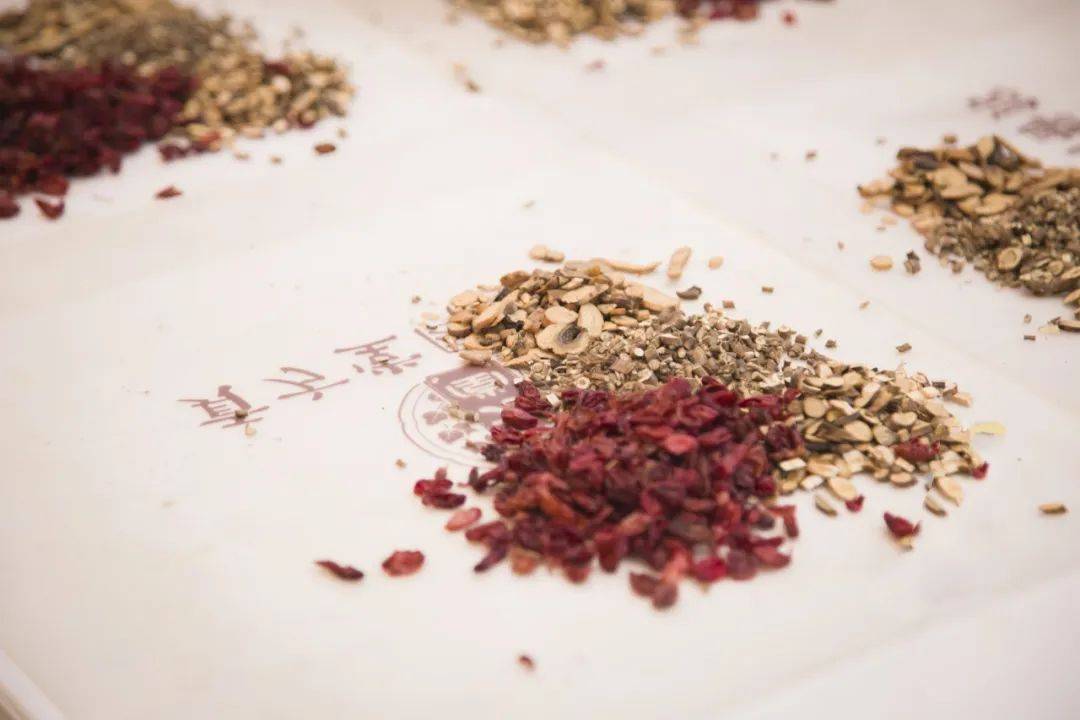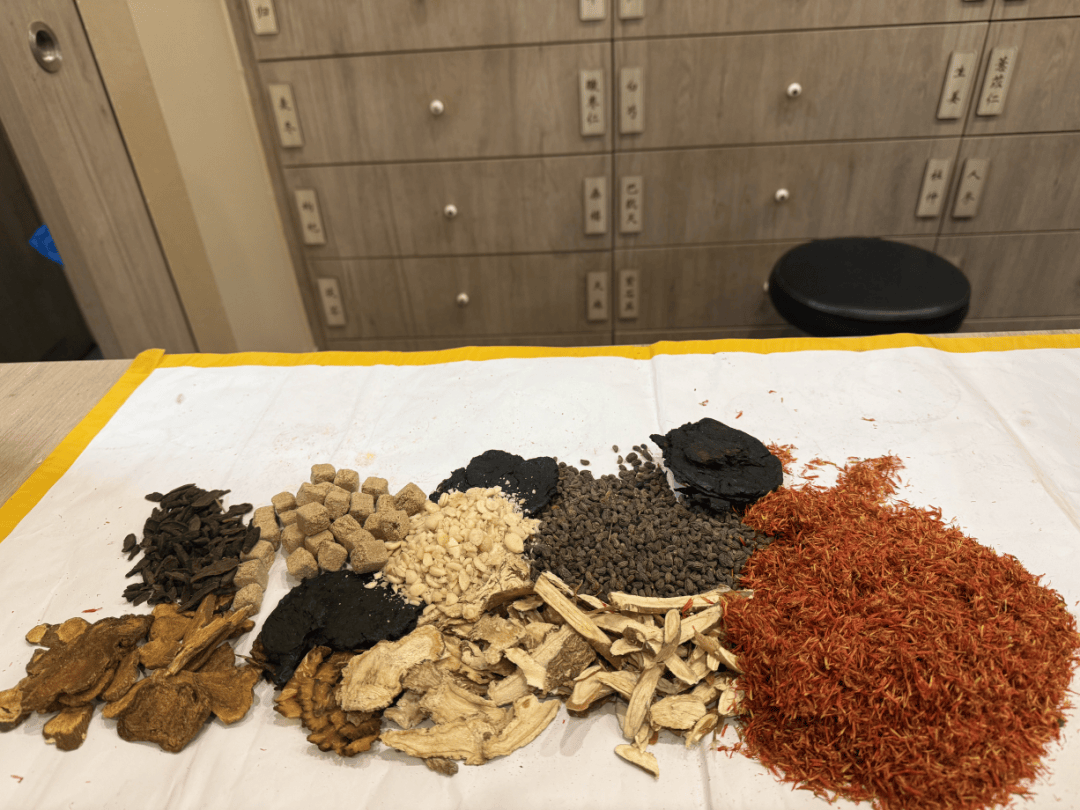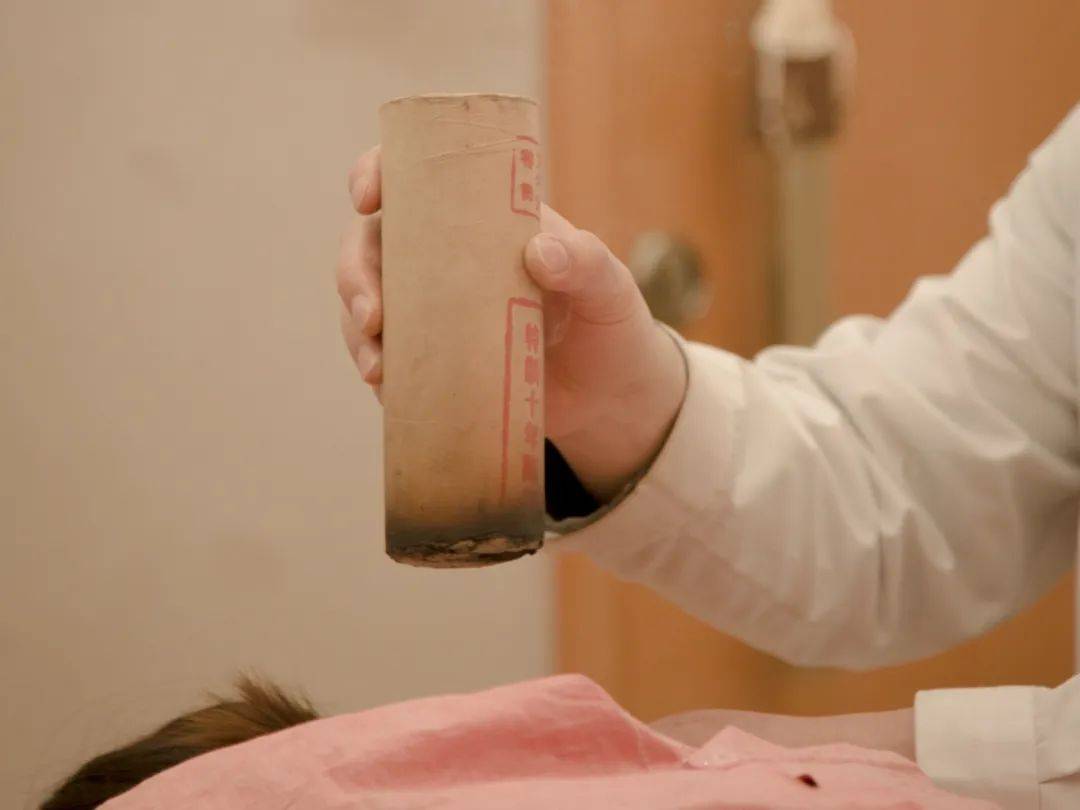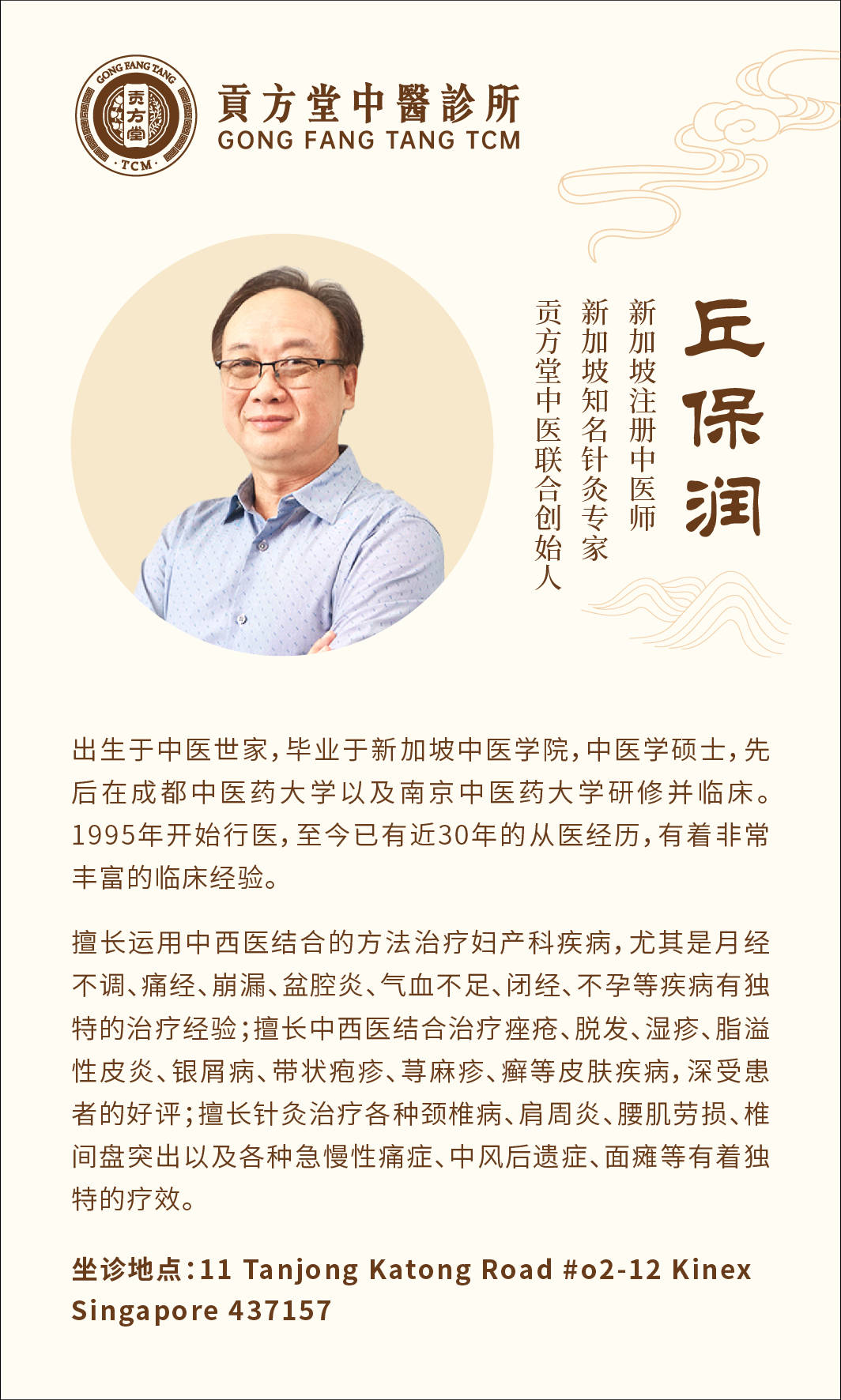- Physicians
- Clinics
- TCM
- Western GP
-
Fees
-
Deals & Privileges
- About & Resources
- Contact Us
Do you often feel weak all over, experience dizziness upon waking in the morning, and suffer from palpitations and shortness of breath with even slight activity—even climbing stairs leaves you exhausted? Yet medical tests show no obvious abnormalities. These are classic signs of Qi and Blood deficiency.

According to Traditional Chinese Medicine (TCM) theory, sufficient Qi and Blood are essential indicators of a healthy body.
The Yellow Emperor's Inner Canon states: "What sustains a person is nothing but Blood and Qi." Qi acts as the commander of Blood, while Blood serves as the foundation of Qi. Only when Qi and Blood are balanced can one maintain a rosy complexion and remain free from illness.
Qi and Blood deficiency, known as Qi Xu (气虚) and Xue Xu (血虚) in TCM, leads to weakened organ functions, resulting in premature aging, limb weakness, insomnia, hair loss, and other symptoms.
Many modern individuals suffer from Qi and Blood deficiency, but indiscriminate supplementation often yields poor results and may even burden the body further.
What are the characteristics of someone with Qi and Blood deficiency? They lack both energy and nourishment!
Dr. Que Poh Yuen Albert, a TCM specialist at Singapore Gong Fang Tang, explains that symptoms of Qi deficiency include fatigue from minimal activity, constant desire to lie down, difficulty recovering even after rest, weak and low voice, reluctance to speak, shortness of breath when climbing stairs or walking quickly, sensitivity to wind and cold, low immunity, and frequent illnesses.
Symptoms of Blood deficiency include pale lips and nails, dry and dull skin, dizziness, blurred vision, palpitations, insomnia, numbness in limbs, excessive hair loss, and, in women, scanty menstrual flow.

Danggui Buxue Decoction (Angelica Sinensis Blood-Tonifying Decoction)
Individuals with Qi and Blood deficiency may exhibit the aforementioned symptoms. Whether for treatment or health maintenance, the primary approach should focus on replenishing Qi and Blood. Today, we introduce a blood-tonifying formula—Danggui Buxue Decoction.
Composition:
Astragalus Root (Huangqi)
Chinese Angelica (Danggui)
Administration: Decoct in water for oral intake.
Prescription Rhyme:
"Danggui Buxue, from Dongyuan's script,
One liang of Huangqi, two qian of Danggui fine.
For fever from blood deficiency, thirst, and unrest,
With a large but weak pulse—this decoction divine."
Formula Analysis:
This prescription heavily employs Huangqi (Astragalus Root) as the sovereign herb to greatly replenish lung and spleen Qi while strengthening the body's defensive layer. As Zhang Bingcheng stated: "When Yang Qi has left the interior and floats outward, securing the interior may not be immediate—thus, we must first stabilize the exterior to retain it." Huangqi also enhances the production of Qi and Blood. Danggui (Chinese Angelica), the minister herb, nourishes Blood and harmonizes nutrient circulation.
These two herbs work synergistically—one focusing on Qi (Yang), the other on Blood (Yin). With Huangqi in a fivefold greater dosage, it reinforces vital Qi and restrains floating Yang, ensuring robust Qi generates sufficient Blood. This balance naturally resolves deficiency-induced fever.
Additionally, this formula is effective for:
Women with postpartum or menstrual fever and headaches due to Blood deficiency.
Non-healing ulcers or sores caused by Qi and Blood deficiency, as it promotes tissue regeneration.
Functions:
Tonifies Qi to generate Blood.
Indications:
Fever due to Blood deficiency—manifesting as flushed skin, thirst, a surging but weak pulse that fades upon deep pressure.
Postpartum/menstrual fever, headaches, or chronic non-healing wounds.
Formula Characteristics:
Prioritizes Qi-tonifying herbs with minimal Blood-nourishing agents, emphasizing "Qi generates Blood."
Key Diagnostic Signs:
Fever with flushed face, preference for warm drinks, large but weak pulse.
Represents the classic approach to treating Blood-deficiency fever by reinforcing Qi.
Pathomechanism:
As described in Treatise on Differentiation of Internal and External Damage (内外伤辨惑论), this condition arises from starvation, exhaustion, or overwork, leading to:
Blood deficiency and weakened Qi, causing Yang to float outward (flushed skin, fever).
Weak pulse upon pressure due to insufficient Blood and Qi.
Thirst from impaired fluid transformation.
Though labeled "Blood deficiency," the urgent concern is uncontrolled Yang floating, hence the principle:
"Tangible Blood cannot be rapidly replenished, but intangible Qi must be urgently secured."
Contraindications:
Not suitable for those with excessive heat, bleeding disorders, or strong external pathogens.

Medical Case Record
Patient: Su, 42 years old.
Chief Complaint: The patient has experienced irregular menstrual cycles for the past year. Five days ago, menstruation began with heavy flow. After taking prescribed Chinese patent medicine at a local hospital, symptoms did not improve. Today, following emotional agitation, vaginal bleeding suddenly increased dramatically, prompting urgent medical attention.
Clinical Presentation:
Profuse vaginal bleeding, bright red in color
Mild lower abdominal pain, soreness in the lower back, fatigue
Restlessness, hot flashes, bitter taste in the mouth
Dry stools
Reddened tongue tip and edges, scanty coating
Thin, wiry, and rapid pulse
TCM Diagnosis:
Metrorrhagia (Bēng Lòu, 崩漏) – Pattern of Yin Deficiency with Blood Heat
Treatment Principle:
Boost Qi and nourish Yin
Secure the Chong vessel and stop bleeding
Prescription: Modified Danggui Buxue Decoction (当归补血汤加减)
Ingredients:
Guanzhong Tan (Carbonized Rhizoma Cyrtomii) 10g
Xuduan (Radix Dipsaci) 10g
Danggui (Radix Angelicae Sinensis) 10g
Shanzhuyu (Fructus Corni) 10g
Taizishen (Radix Pseudostellariae) 15g
Chaobaishao (Stir-fried Radix Paeoniae Alba) 15g
Mohanlian (Herba Ecliptae) 15g
Sanqi Fen (Notoginseng Powder, taken separately) 5g
Sheng Huangqi (Raw Radix Astragali) 30g
Duan Muli (Calcined Concha Ostreae) 30g
Wuzeigu (Endoconcha Sepiae) 30g
Sangye (Folium Mori) 30g
Sheng Dihuang (Raw Radix Rehmanniae) 30g
Administration:
1 dose per day, decocted in water
Taken warm in the morning and evening
Outcome:
Bleeding stopped after 5 doses.
Subsequent treatment focused on tonifying Qi and Blood, as well as nourishing the Liver and Kidneys for 2 months.
Menstruation normalized, and no recurrence has been reported during follow-up.
